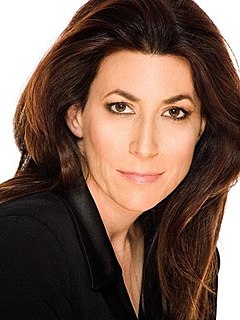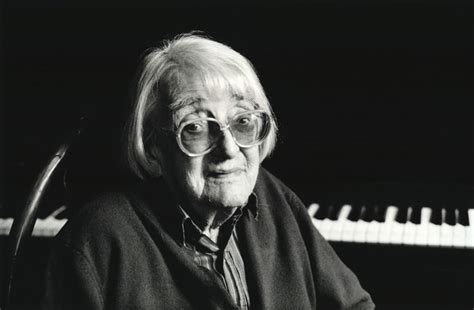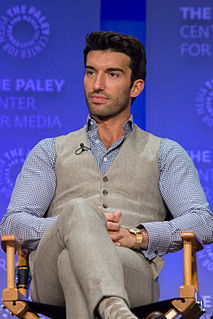A Quote by bell hooks
Given the way universities work to reinforce and perpetuate the status quo, the way knowledge is offered as commodity, Women's Studies can easily become the place where revolutionary feminist thought and feminist activism are submerged or made secondary to the goals of academic careerism
Related Quotes
The potential significance of Black feminist thought goes far beyond demonstrating that African-American women can be theorists. Like Black feminist practice, which it reflects and which it seeks to foster, Black feminist thought can create a collective identity among African-American women about the dimensions of a Black women's standpoint. Through the process of rearticulating, Black feminist thought can offer African-American women a different view of ourselves and our worlds
There was no real strategic decision about editorial tone. It was kind of a write whatever you want to write, and we'll see how it goes. I think that we lucked out in that all of the women who started writing at Feministing.com were really funny, and I don't think that's something people are used to seeing or hearing when they read feminism. You know, you think feminism and you kind of think academic, women's studies, dry, humorless; there are all of these stereotypes that go along with what feminist thought is and what feminist writing is.
A lot of women seem to have a similar attitude, - 'I'm not a feminist' - and it gets wearying. What's wrong with being a feminist? I'm proud to be a feminist. It's been one of the most positive things in my life. It's one of the best traditions there is. It's admirable to be a feminist and to stand up for one's sex, to fight against inequality and injustice and to work for a better society.
It's true that in a lot of western feminist movements, you see women working singularly from men. Suffragettes and the women's rights movement in the 60s here, but when I think of the Islamic feminist movement, I think of a lot of men who are very much standing with the women. It really feels like in equal numbers. Women are catching up in the field because we were not given access to knowledge and encouraged into these studies and so these men are helping us and empowering us. They are men of conscience who are fed up with this assumption that they're entitled.
Feminist education — the feminist classroom — is and should be a place where there is a sense of struggle, where there is visible acknowledgment of the union of theory and practice, where we work together as teachers and students to overcome the estrangement and alienation that have become so much the norm in the contemporary university.
I believe I was raised with feminist values, but I don't think I ever heard my Mom call herself a feminist. Before I identified as a feminist myself, I thought of feminism as more of a historical term describing the women's movement in the '70s but didn't know much about what they had done and didn't think it applied to my life at all.
For a lot of women who don't go to college, or for a lot of women who aren't in New York or D.C. or someplace where there's like a large feminist organization they can get involved in, they may be doing feminist work, right, like locally or with a grassroots organization or in their own lives, but if they don't have that support system and if they don't have that availability to feminist language, I think we're missing out on something.
Naturally my stories are about women - I'm a woman. I don't know what the term is for men who write mostly about men. I'm not always sure what is meant by "feminist." In the beginning I used to say, well, of course I'm a feminist. But if it means that I follow a kind of feminist theory, or know anything about it, then I'm not. I think I'm a feminist as far as thinking that the experience of women is important. That is really the basis of feminism.
































